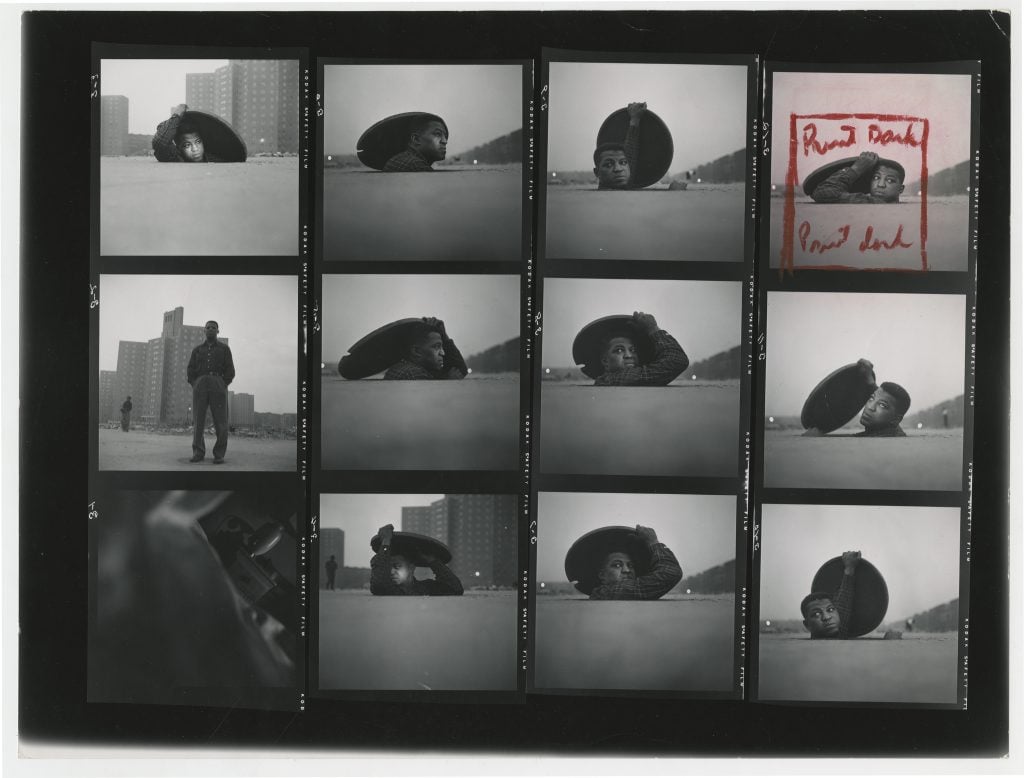People
What I Buy and Why: Former IBM Executive Marilyn Johnson on the Advantage of Hanging Art in the Laundry Room
Top collectors share their strategies (and obsessions).

Top collectors share their strategies (and obsessions).

Tim Schneider

A version of this article first appeared in the fall 2020 Artnet Intelligence Report, which you can download for free here.
Marilyn Johnson is a former IBM executive whose collection spans a wide range of media, eras, and subjects. Johnson, who is also a board member at the Blanton Museum of Art, spoke to us from her home in Austin, Texas.
What was your first acquisition?
A print in Nice, France, in 1997 by an artist named Herbert Dayan. He was doing a series about March flowers that reminded me of the Impressionists, who I always liked because they brought art out into the commons. I now have it hanging in my laundry room so that people don’t look at the washer and dryer!
What was your most recent acquisition?
A desert landscape painting called Purple Haze by Gay Gaddis, an up-and-coming artist in Austin, Texas, who just sold her [marketing firm] and now focuses on her artwork.
Which works or artists are you hoping to add to your collection this year?
Sonya Clark. The way she expresses her meaning through the medium of textiles is curious and amazing. I’ve just got to have her, and I’ll achieve that goal.

Gordon Parks, Untitled contact sheet (1952). Photograph by Gordon Parks. Courtesy of and copyright the Gordon Parks Foundation.
Is there a dominant medium in your collection?
It’s eclectic, [but] when I was living in New York, I bought a print from a series by Fred Stein of a little Black girl in Harlem eating an ice-cream cone sitting in a soapbox-derby car. It’s so meaningful. I then started collecting black-and-white prints by famous photographers like Gordon Parks, including his contact print of “A Man Becomes Invisible” [from a shoot] for Life magazine.
What is the most expensive work of art that you own?
A Dale Chihuly sculpture that includes several glass baskets stacked inside of each other.
Where do you buy art most frequently?
From gallery exhibitions when the artists are there. If I can meet them, I get the story behind the work, and I learn more than from just seeing it in a magazine.
Do you have any broader collecting goals?
I think there’s a latent opportunity to support the work of women artists. It’s not enough to say you don’t have a gender bias. We need to level the playing field.
If you could steal one work of art without getting caught, what would it be?
Madam C.J. Walker (2008) by Sonya Clark, a portrait, made of 3,840 combs, [that] I helped bring to the Blanton Museum. I’m in love with it. Its value is far beyond its monetary value.
Delve into the incredible story behind the rise of artist Amoako Boafo, learn about how auction houses were transformed by the lockdown era, and see our first-ever Innovators list in the fall 2020 Intelligence Report, which you can download for free here.